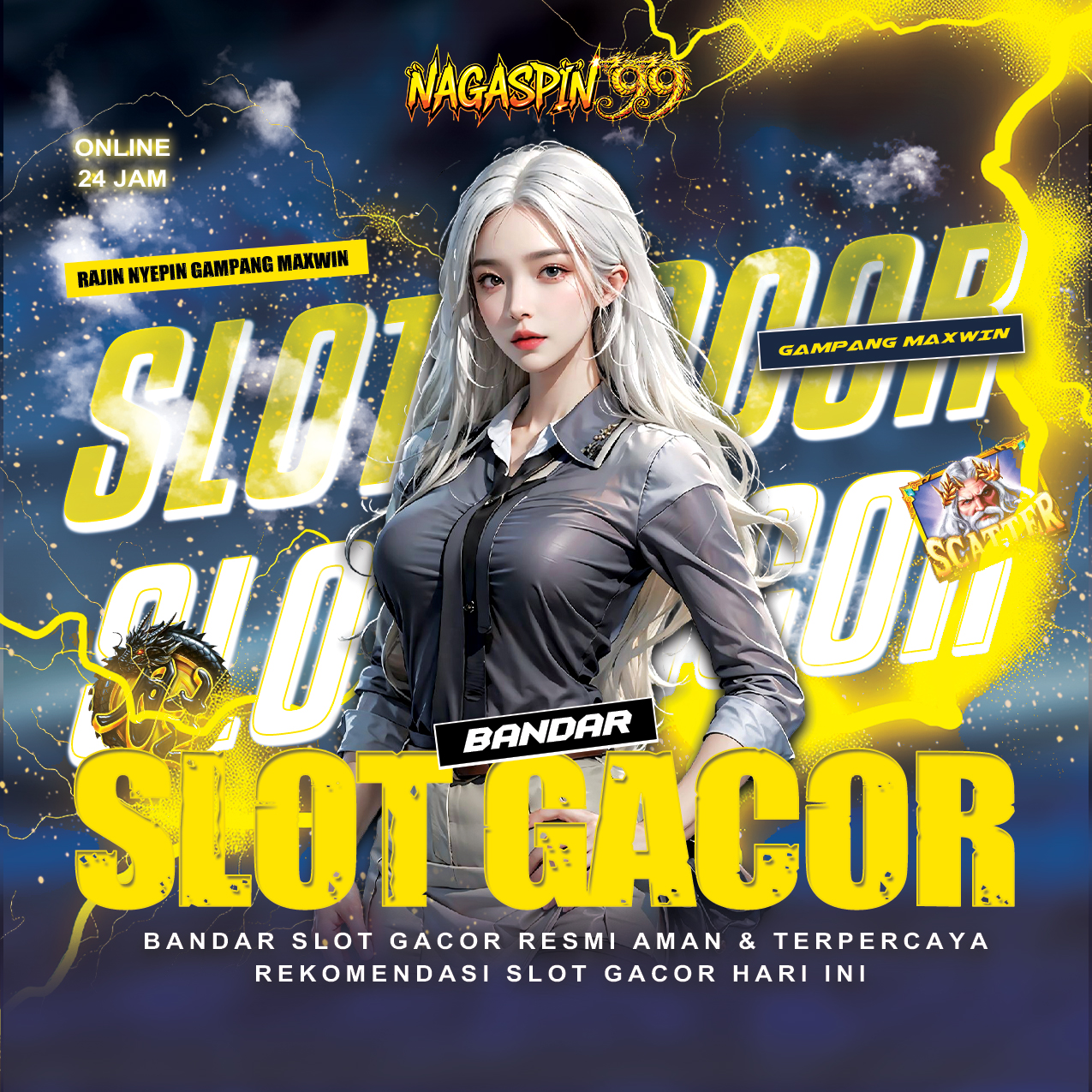TERJAMIN AMAN
NAGASPIN99
SLOT GACOR
NAGASPIN99
NAGASPIN99 menghadirkan koleksi permainan slot88 online yang dikenal mudah menang dan memiliki RTP tinggi, NAGASPIN99 memberikan peluang besar bagi setiap pemain untuk meraih maxwin hanya dengan modal kecil. Perpaduan teknologi modern, tampilan profesional, dan fitur bonus berlimpah menjadikan NAGASPIN99 sebagai pilihan utama bagi pencinta slot yang mencari sensasi bermain seru sekaligus peluang cuan besar dalam satu platform.


